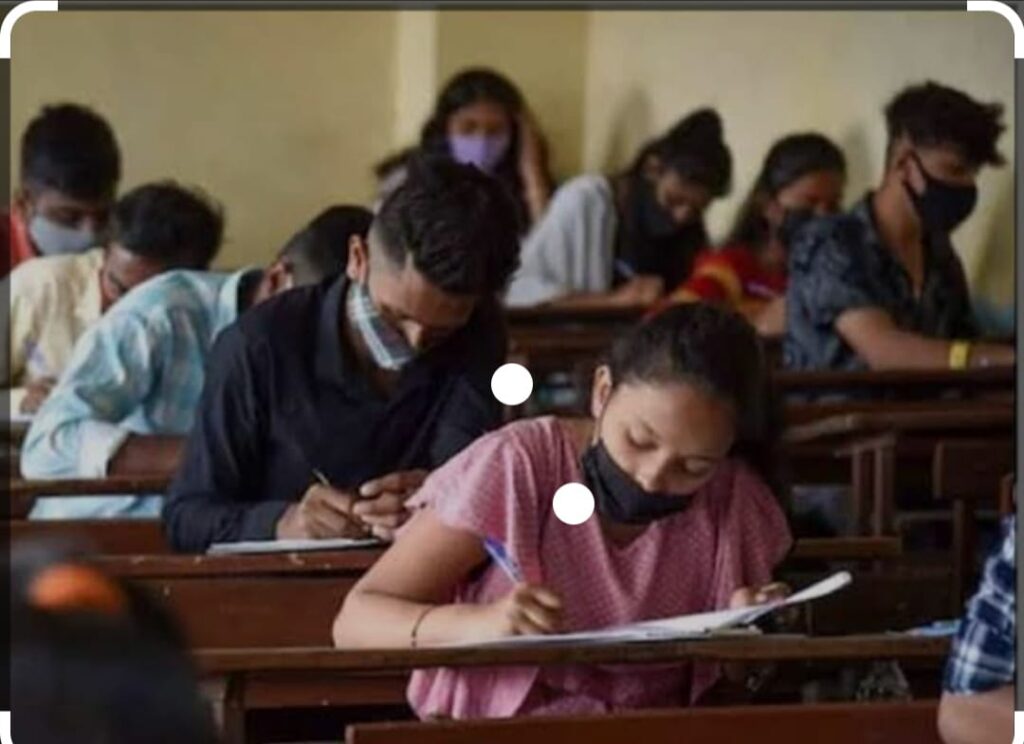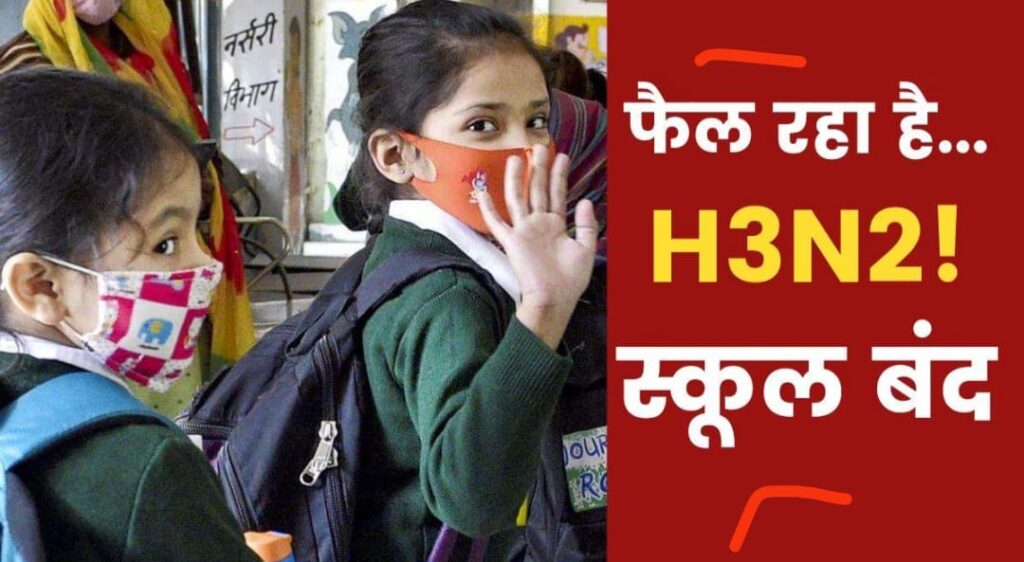Screens are inferior to books.
Since books are frequently packed with information and stories that can aid in children’s exploration and understanding of the world around them, they have long been the preferred learning medium for kids. But as technology has advanced, children have grown more and more interested in gadgets like smartphones, tablets, and smart TVs. Even if these devices have numerous advantages, it’s crucial to think about which medium is best for your child’s education and growth.
The Benefits of Reading Books for the Mind
Additionally, reading books has mental health benefits that are just not possible with screens. While videos or movies provide a preset representation of how these people and situations should appear, children can develop their imaginations by imagining characters and settings on their own terms when they read actual books. Children can also take their time processing information when they read books in print. This promotes deeper thinking as well as comprehension and understanding. As students examine the themes, story aspects, and character development in the stories they’re reading, it also fosters critical thinking abilities.

The Social Advantages of Book Reading
Finally, there are social advantages to reading actual books. In addition to strengthening family ties, reading alongside parents or other family members allows youngsters to discuss and debate the books they are reading and develops communication skills like empathy and comprehension. Additionally, when they exchange and debate their thoughts, children can develop deep connections with their friends through reading tangible books.
It’s crucial that kids are exposed to tangible kinds of pleasure in today’s digital environment, like reading books, rather than using screens for enjoyable activities. Compared to watching movies or using digital devices like tablets or smartphones, reading traditional print material has both mental and physical advantages, as this article explains. After reading this essay, we hope you have a fresh understanding of why books are still crucial in your child’s life and are superior to screens!

Constance Grady on The Tenant of Wildfell Hall by Anne Brontë (Vox)
One of our responsibilities as critics is to revive the legacies of books that have been forgotten. Grady’s portrayal of “the least famous sister in a family of celebrated geniuses” persuasively argues for Wildfell Hall’s inclusion in the Romantic canon, alongside Jane Eyre and Wuthering Heights.
The Tenant of Wildfell Hall feels uncannily contemporary in its portrayal of a woman who has survived and thrived despite abuse. Today, 200 years after the author’s birth, it is shocking, new, and completely different.
Ismail Muhammad on the Uncanny Valley by Anna Wiener (The Atlantic)
Since Muhammad is a philosophical critic, it’s always entertaining to see him discuss a book with complex concepts. Here, he draws an insightful parallel between Michael Lewis’s 1989 Wall Street exposé, Liar’s Poker, and Wiener’s Silicon Valley biography.
Wiener, like Lewis, wrote her own gimlet-eyed generational narrative that serves as a warning about systemic breakdown in order to find “a path out of unhappiness.” But if her narrative becomes as popular as Lewis’s hilarious account of a Princeton art history major’s time working at Salomon Brothers, it will be for a different cause. Despite her sardonic observations and sardonic portraits, Wiener is on a sincere mission that is probably going to strike a chord with the general people.





